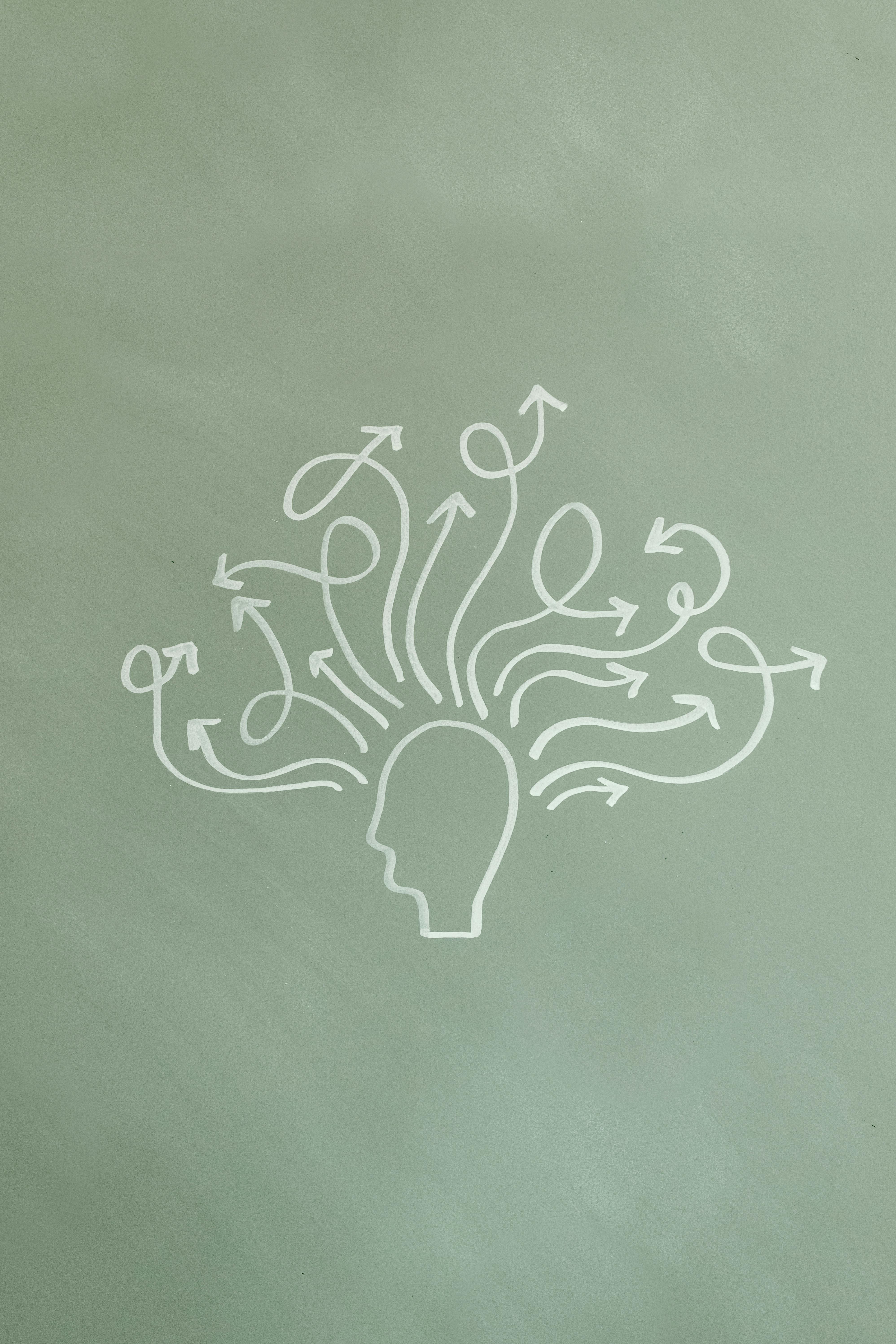Need directions to drive to your local store for your weekly grocery shopping? Use the GPS on your phone. Can’t recall what you did last Friday?
Check your photo album on your phone. Standing outside and wondering what the temperature is? Take a glance at the weather app on your phone.
Regardless of how trivial the task may be, humans are overwhelming resorting to their personal phones for assistance, recollection, and guidance. This laidback attitude toward strengthening human memory can be blamed by digital amnesia—the effect of memory loss that is caused by technology.

Image Credit: Ylanite Koppens from Pexels
The What Behind Digital Amnesia
Amnesia, or memory loss, comes in various types, where different forms of amnesia occur depending on the individual’s age, cognitive ability, or situation. With the increased usage of technology and digital devices, the concept of memory loss itself has become digitized.
As the global population becomes increasingly reliant on technology, the possibility of digital amnesia further escalates. Gen Z, in particular, is most susceptible, as these digital natives seemingly immerse a substantial part of their lives on the internet. This devotion to technology is inherently the problem—as humans devote parts of their life to technology, they’re also relinquishing a significant amount of their memory as well.
In a world where technology seemingly simplifies everything and pushes for efficiency, users will be found taking the easier route. In fact, the Google effect theorizes how Internet users immediately head to the search engine to gather information. Many individuals will find it more productive for the information to be stored online, cued at the search engine, as opposed to storing the information in their brains.
However, googling a piece of information and recalling the same piece of information from your brain are two separate processes. In the stages of learning/memory, which consists of encoding, storage, and retrieval, the retrieval form would differ depending on where the information is encoded. When users search digitally, they’re merely validating information in their brain. On the other hand, when recalling information from memories made in the human mind, the brain would be playing a more proactive role in retrieving the information from the memory that underwent the encoding and storage stages.

Image Credit: Caio from Pexels
Impact of Digital Amnesia
Although the digital world may seem productive, extreme usage of technology would lead to lower productivity. With lower memory storage capabilities, the brain would be essentially “working less,” thereby reducing other cognitive abilities as well. There are severe consequences relating to education and intelligence, especially when acquiring new pieces of information. One’s brain isn’t learning anything new if they’re searching up answers on the internet.
Beyond productivity in an intrapersonal sense, there are social and interpersonal repercussions as well. Specifically, relationships may seem recorded and artificial as a result of technology. For instance, the Internet has coined “pics or it didn’t happen” to signify a digital record of everything.
Although this popular phrase has been applied to justifying events that happened, its concept is also applied to digital memories, where there is an implicit expectation to record memories between friends online. When relationships are recorded through digital photographs, the level of authenticity decreases. Friendships seem less genuine when solely viewed through the lens of a camera.

Image Credit: Kerde Severin from Pexels
Long-Term Effects of Digital Amnesia
Digital amnesia is only a general term that applies to temporary forgetfulness, but as time progresses, severe cases of digital amnesia can morph into conditions and diseases. Specifically, a severe and prolonged case of digital amnesia can result in dementia and Alzheimer's. These diseases are marked by permanence, where memories can be lost forever.
With these diagnosed diseases, individuals could potentially experience personality changes and different cognitive/perceptive behaviors. As a result of these differences, a person could experience anxiety and other mood changes, taking a toll on the person's mental health. In fact, the brain could even attempt confabulation - the act of subconsciously creating false memories to fill memory gaps - to occur, which dangerously leads to schizophrenia territory.

Image Credit: Tara Winstead from Pexels
Conclusion
With more digital usage, more effort should be directed at educating individuals on the potential danger of memory loss associated with technology. Interestingly enough, in a study conducted by Sparrow et al. in 2011, the experimenter found that individuals were more likely to recall the given stimuli when told the computer didn’t store the information than when told the computer did store the information. Evidently, humans are conscious of this issue; if they’re aware that the information is not readily accessible, they will take the effort to recall it.
The solution to digital amnesia can be lessening the reliance on technology, and this feat is a gradual process. Internet users should start reframing their decisions to use technology—rather than solely limiting the time on devices, people should consider what they use technology for.
Instead of using a GPS and self-deprecating yourself as “navigationally-challenged,” consider trying your very hardest to mentally record your route to the local grocery store—after all, you will be taking weekly visits there, and over time, proper encoding will allow that piece of information to be stable storage in your mind. Similarly, resist the temptation to look at your photo album to recall what you did last Friday—live in the moment, and you will remember what happened much easier. And the weather app?
Just don’t. Touch grass.

Image Credit: Jack Redgate from Pexels


